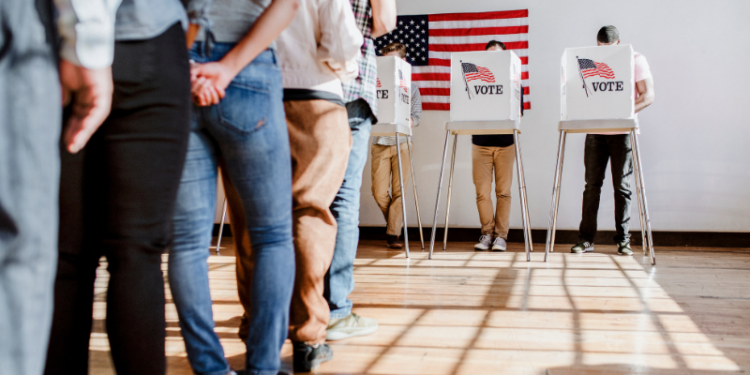A Marist Poll revealed that 69% of New York City residents believe Mayor Eric Adams should resign following his federal indictment. The poll also showed that nearly two-thirds of respondents want Governor Kathy Hochul to intervene and begin the process of removing Adams from office if he does not step down voluntarily.
However, the poll’s limited sample size—only 1,073 participants—raises concerns about its representation, as this small group accounts for a fraction of New York City’s voting population.
In contrast, during the 2021 mayoral election, nearly 754,000 New Yorkers cast their votes for Eric Adams, who won the election with 66% of the vote. This overwhelming victory came during a general election that saw low voter turnout, with only 20.5% of the city’s 5.6 million registered voters participating. The vast difference between the poll’s sample size and the number of voters who elected Adams suggests that the poll’s findings may not fully represent the city’s population.
Media outlets have widely reported the results of the Marist Poll without addressing the fact that its sample size was a minuscule portion of the overall electorate. Given that Adams received 441,000 more votes than his Republican opponent, Curtis Sliwa, in 2021, some have questioned whether the poll results reflect the views of a more vocal but smaller group of New Yorkers rather than a comprehensive picture of public opinion.
The poll also revealed that 65% of respondents believe Adams committed an illegal act, while 24% said he acted unethically but not illegally. Meanwhile, Adams’ approval rating has dropped significantly, with only 26% of participants expressing approval of his job performance. Despite these numbers, the poll’s limited size makes it difficult to gauge whether these views are shared by the larger population that initially voted for Adams.
As Mayor Adams continues to face public pressure, his 2021 election victory and the substantial support he received should not be overlooked. With 754,000 votes and significant backing from the electorate, the full extent of public sentiment toward his leadership remains unclear, especially when a relatively small poll sample is used to measure the attitudes of millions of residents.










